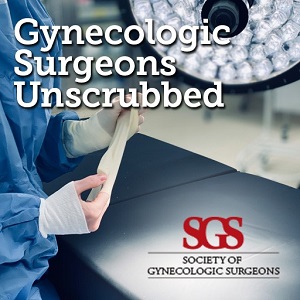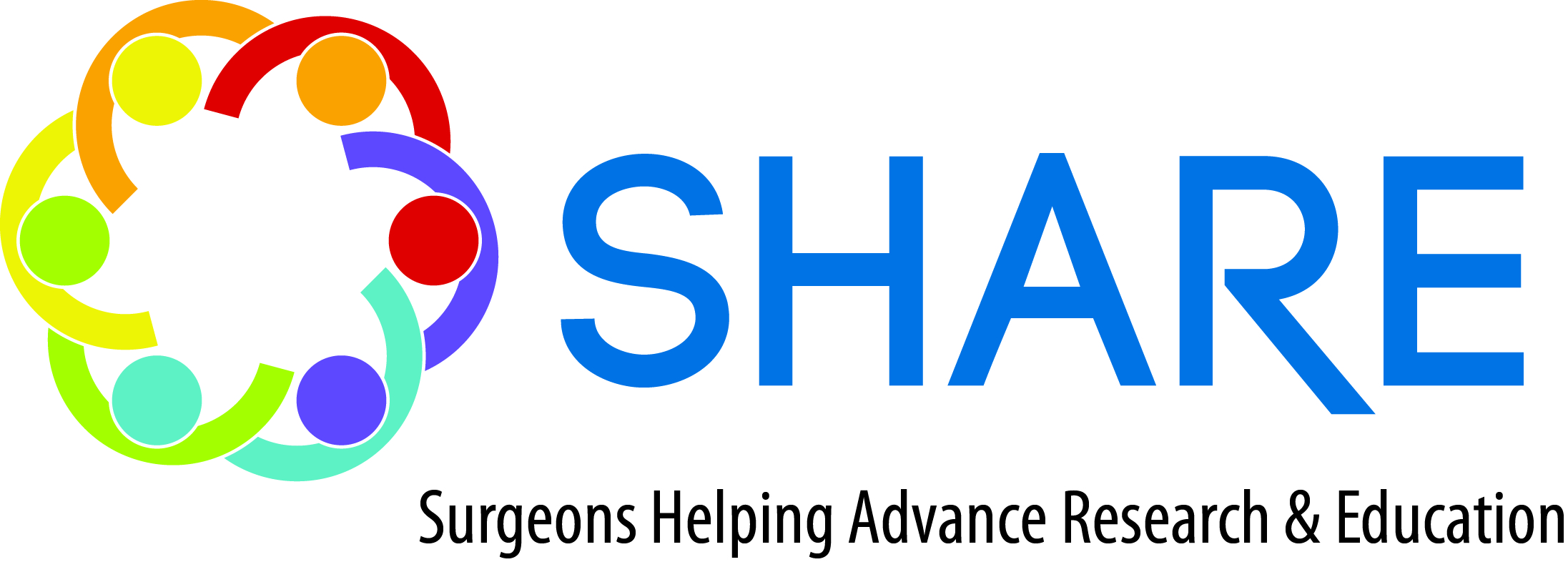51st Annual Scientific Meeting | March 30 - April 2, 2025
Surgeons as Agents of Change in an Evolving World
Postgraduate Courses
Sunday, March 30, 2025
Course 1: The Contemporary Approach to Advanced Endometriosis and Pelvic Pain
Sunday, March 30, 2025 | 1:00 pm - 5:00 pm PST
Course Director: Megan Billow, MD
Course Faculty: Cara King, DO; Ashley Gubbels, MD; Megan Wasson, DO; Wendy VanBuren, MD
This course will provide a comprehensive overview of the contemporary approach to diagnosis and management of advanced endometriosis and pelvic pain. Utilizing interactive lectures, surgical videos and expert panelist discussions, participants will learn tools to improve endometriosis care through a modernized patient centered approach. Strategies to decrease diagnostic delays through a better understanding of the disease process coupled with implementation of advanced diagnostic imaging in practice will be discussed. An overview of the benefits and methods to implement endometriosis centers that provide multi-disciplinary care and collaboration with other surgical and non-surgical specialties will be presented.
Participants will learn innovative surgical techniques to enhance diagnosis and surgical management of advanced stage endometriosis. Additionally, panelists will describe systematic, minimally invasive surgical approaches to deep infiltrating endometriosis, obliterated cul-de-sacs, and extra-pelvic disease. Finally, this course will discuss the importance of neuropelveology and its significant impact on the contemporary approach to diagnosis and management of endometriosis.
READ MORE
Course 2: Perioperative Planning When There Is No Textbook
Sunday, March 30, 2025 | 1:00 pm - 5:00 pm PST
Co-Course Directors: Beri Ridgeway, Amy Park
Course Faculty: Eric Sokol, MD; Annetta Madsen, MD; Peter Jeppson, MD
This course will utilize case-based presentations on vexing scenarios where there is no clear evidence on best practices. A panel of experts will discuss surgical approach, management, preoperative planning, management of intraoperative complications and postoperative issues. Examples of cases may include:
Post-renal transplant prolapse; recurrent prolapse after prior sacral colpopexy; anterior urethral diverticulum; pain after prolapse repair with sacral colpopexy; identifying patients with connective tissue disorders; vulvar surgery: how to stay out of trouble during periclitoral surgery; intraoperative bleeding; visceral injuries; management of delayed injury; postoperative issues such as nerve entrapment pain, chronic/persistent pain, dyspareunia.
READ MORE
|





